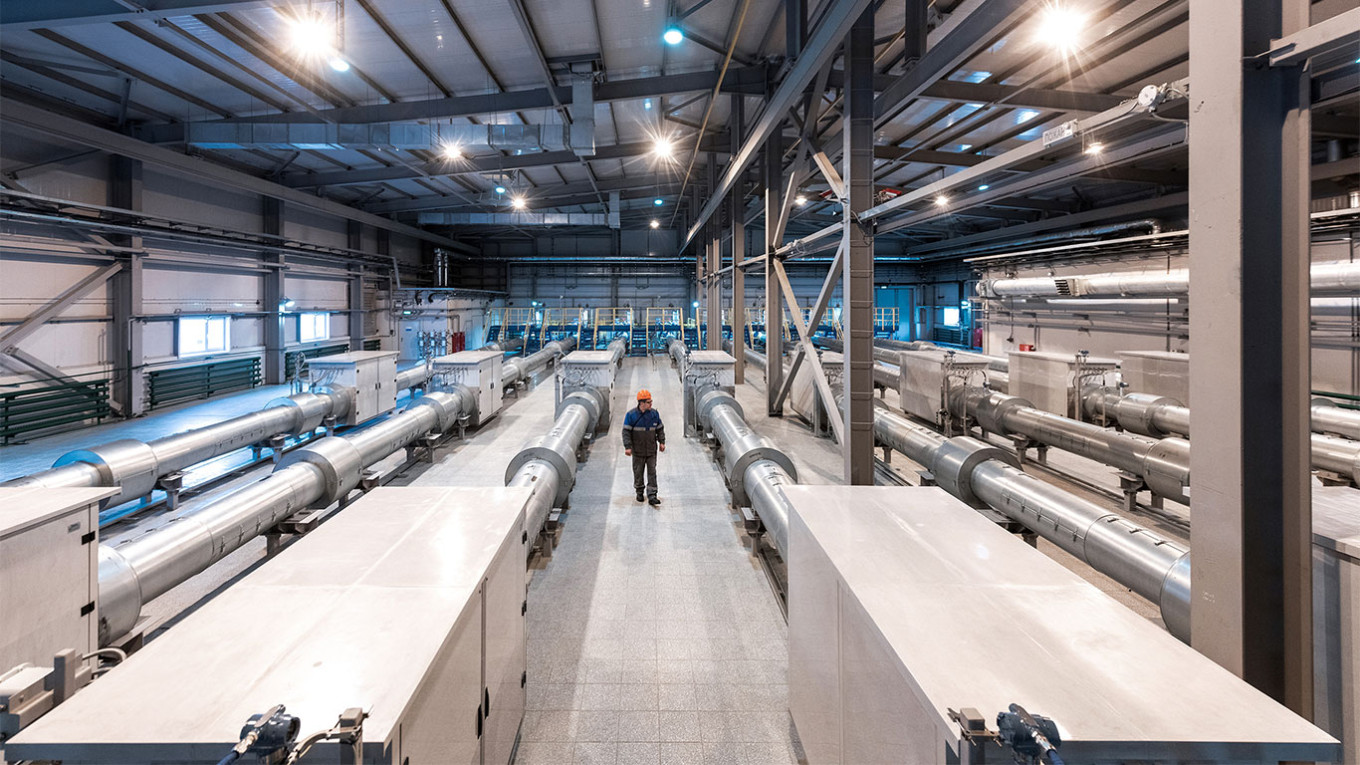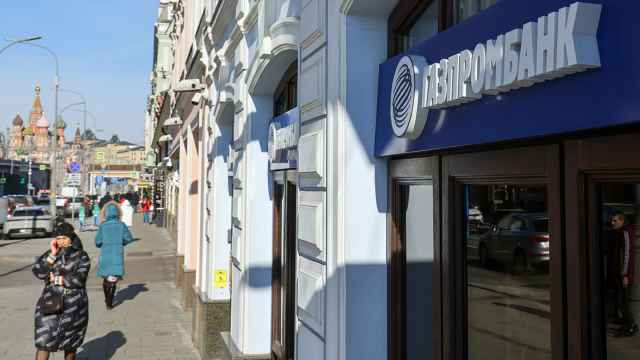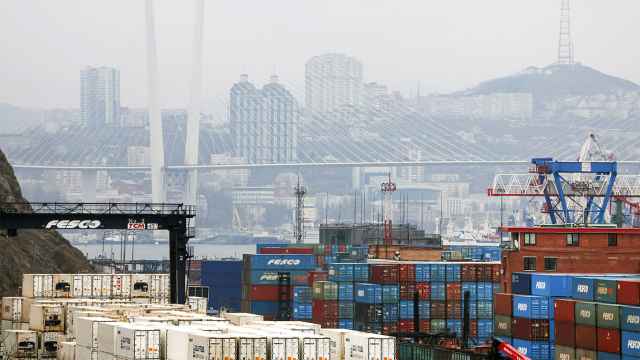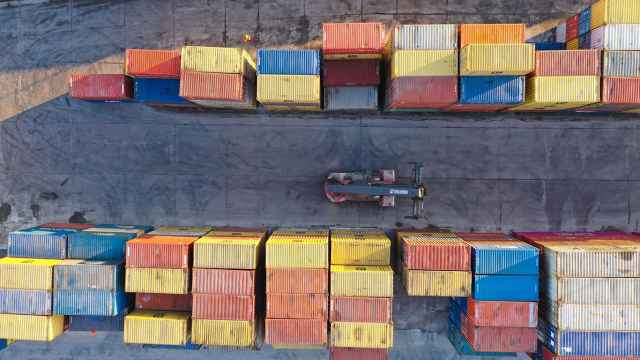A massive new gas pipeline to China could help reduce Russia's reliance on European buyers, but analysts say the project reveals a growing imbalance between the longtime strategic allies.
Beijing emerged as an economic lifeline for Moscow last year, above all for its energy purchases, after Western sanctions over Russia's invasion of Ukraine cut Russia off from many of its crucial export markets.
Moscow is confident that the new pipeline, Power of Siberia 2, will move forward, but Beijing has so far avoided making an explicit commitment to the project.
Analysts say the lagging response shows an imbalance between the two countries that favors Beijing in energy deals, as well as China's wariness of becoming overly reliant on Russian fuel.
The project was discussed during Chinese President Xi Jinping's summit with Russian leader Vladimir Putin in Moscow this week, with Putin declaring that "all agreements have been reached" on the Power of Siberia 2 project.
However, their joint statement only committed the two sides to work on advancing "research and consultation" on the pipeline.
The Power of Siberia 2 pipeline could facilitate the transport of 50 billion cubic meters of gas to China annually, roughly on par with the total capacity of the mothballed Nord Stream 2 pipeline from Russia to Germany.
Previously the world's largest exporter of liquefied natural gas (LNG), Russia's gas exports plummeted in 2022 following multiple packages of Western sanctions over Russia's invasion of Ukraine.
As Europe sought to diversify its energy supplies, Moscow turned to alternative buyers including China, to which it is already linked by the first Power of Siberia pipeline.
Russian gas deliveries to China through the existing Power of Siberia pipeline reached a record 15.5 billion cubic meters last year.
A Message from The Moscow Times:
Dear readers,
We are facing unprecedented challenges. Russia's Prosecutor General's Office has designated The Moscow Times as an "undesirable" organization, criminalizing our work and putting our staff at risk of prosecution. This follows our earlier unjust labeling as a "foreign agent."
These actions are direct attempts to silence independent journalism in Russia. The authorities claim our work "discredits the decisions of the Russian leadership." We see things differently: we strive to provide accurate, unbiased reporting on Russia.
We, the journalists of The Moscow Times, refuse to be silenced. But to continue our work, we need your help.
Your support, no matter how small, makes a world of difference. If you can, please support us monthly starting from just $2. It's quick to set up, and every contribution makes a significant impact.
By supporting The Moscow Times, you're defending open, independent journalism in the face of repression. Thank you for standing with us.
Remind me later.






